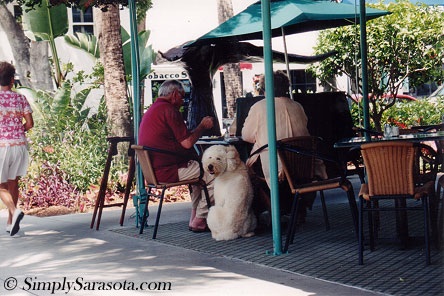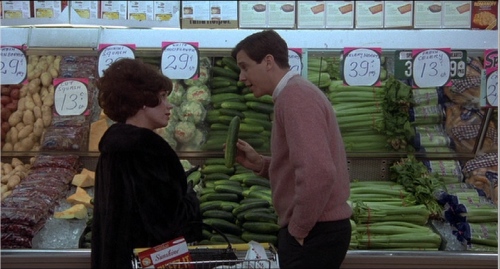I still miss my hockey friend Steve. His tales were – and still are — so outrageous, his job with the provincial government so boring, and his life with four kids on the farm near Guelph so … comical?
 I know he misses me because he can’t find reliable goaltending – and the faculty team hasn’t won the annual tournament since my shattered nerves backstopped the team to victory in 2005, despite Naylor’s total lack of defense.
I know he misses me because he can’t find reliable goaltending – and the faculty team hasn’t won the annual tournament since my shattered nerves backstopped the team to victory in 2005, despite Naylor’s total lack of defense.
He was defense in name only.
At one point Steve and his wife had 19 horses. He used to say that it started out, every time they had another kid, the wife got another horse.
Steve had four kids, not 19.
He’s been cutting back on the horses over the past few years, but not in the way they are doing it in Florida,
 Today’s USA Today reports that South Florida is seeing a jump in the horse meat market as restaurants quietly serve up the illicit fare, butchers provide it to trustworthy customers and police officers find slaughtered horse carcasses on roadsides.
Today’s USA Today reports that South Florida is seeing a jump in the horse meat market as restaurants quietly serve up the illicit fare, butchers provide it to trustworthy customers and police officers find slaughtered horse carcasses on roadsides.
At least 17 butchered horse carcasses have been found in Miami-Dade County this year, the highest annual number ever recorded in the county and the year is not over, said Detective Edna Hernandez.
Richard "Kudo" Couto of the South Florida Society for the Prevention of Cruelty to Animals. – and I have no idea why his handle is Kudo — said there has long been an underground market for illicit horse meat, mostly in the rural areas of South Florida. In recent years, sales have become more widespread, he said.

He said some butchers in Miami have stolen frozen horse meat in their stores for trustworthy customers. Sometimes the meat is sold in neighborhoods out of coolers.
 The hotel in question here is the Luxury Epic Hotel in downtown Miami, home to more than 300 guests at the time of the evacuation.
The hotel in question here is the Luxury Epic Hotel in downtown Miami, home to more than 300 guests at the time of the evacuation.
 I know he misses me because he can’t find reliable goaltending – and the faculty team hasn’t won the annual tournament since my shattered nerves backstopped the team to victory in 2005, despite Naylor’s total lack of defense.
I know he misses me because he can’t find reliable goaltending – and the faculty team hasn’t won the annual tournament since my shattered nerves backstopped the team to victory in 2005, despite Naylor’s total lack of defense. 
 Whole Foods Market has
Whole Foods Market has (1)(1)(1).jpg) Just a grocery store. Uh-huh. There isn’t a foodie cause Whole Foods wouldn’t embrace to peddle a few more dollars worth of crap.
Just a grocery store. Uh-huh. There isn’t a foodie cause Whole Foods wouldn’t embrace to peddle a few more dollars worth of crap.
 The story continues,
The story continues,
.jpg) The server asked me how I would like it, and I asked, what are my options?
The server asked me how I would like it, and I asked, what are my options? When Pepsi learned of the incident, a spokesperson contacted the Denegri’s. The can was traced to an Orlando bottling facility and a review of production logs showed "absolutely no evidence to suggest that any foreign object or substance entered the package at the time of production."
When Pepsi learned of the incident, a spokesperson contacted the Denegri’s. The can was traced to an Orlando bottling facility and a review of production logs showed "absolutely no evidence to suggest that any foreign object or substance entered the package at the time of production." It’s just too hot in Kansas.
It’s just too hot in Kansas. But a Lee County, Florida, Sheriff’s Office report
But a Lee County, Florida, Sheriff’s Office report